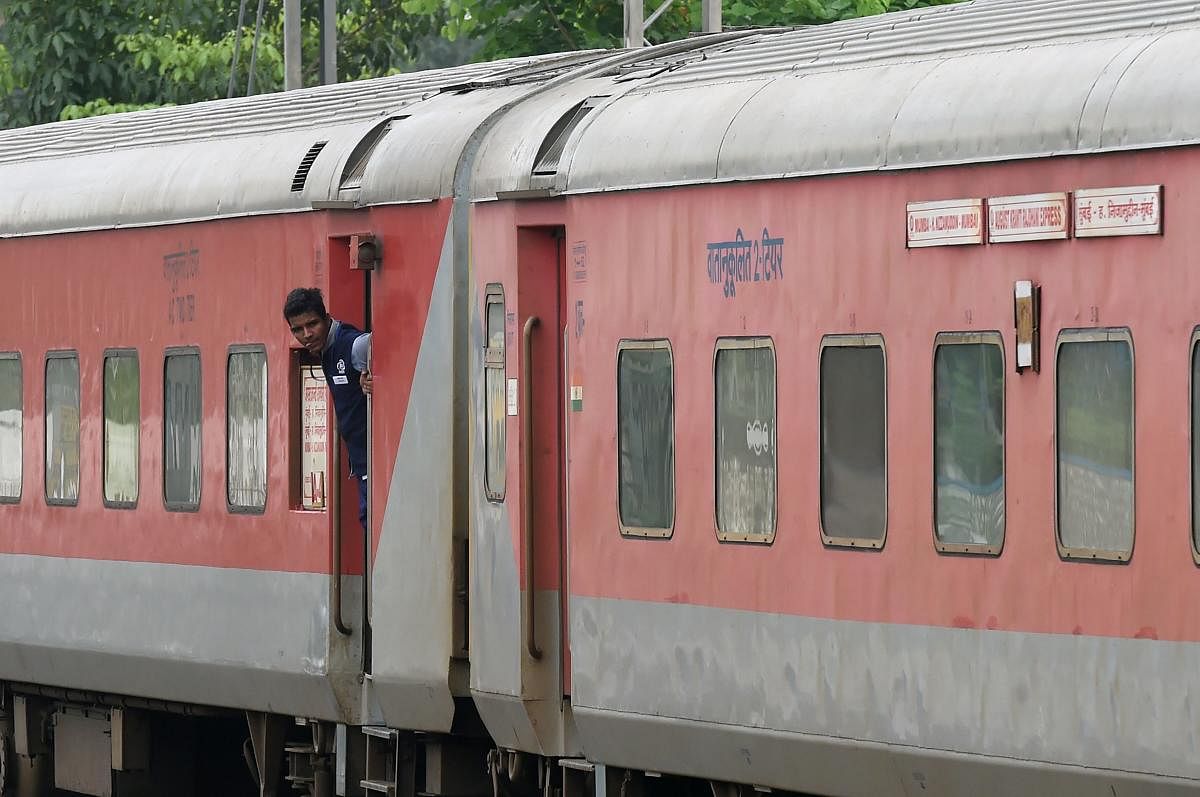
Railways' earnings from passenger fares dipped further by around Rs 400 crore in the third quarter of the current financial year as compared to the last quarter, an RTI query has revealed.
However, its revenue from freight loading, which had suffered a Rs 3,901 crore deficit in the second quarter, improved by about Rs 2,800 crore during the October to December period.
Earlier, the national transporter's earning from passenger fare had dipped by Rs 155 crore in Q2 as compared to the first quarter.
A reply to an RTI query, filed by Madhya Pradesh-based activist Chandra Shekhar Gaur, revealed that in the first quarter (April-June) of financial year 2019-20, the railways earned a revenue of Rs 13,398.92 crore from passenger fare. This dipped to Rs 13,243.81 crore in the July-September quarter and went down further to Rs 12844.37 crore in the third quarter (October to December).
However, in freight loading railways seems to have made a robust recovery in the third quarter. In the first quarter, the railways earned Rs 29,066.92 crore from freight loading. In the second quarter, the earnings from freight came down to Rs 25,165.13 crore. With earnings of Rs 28,032.80 crore, the railways made a significant recovery in the third quarter, the RTI reply has revealed.
The railways recently waived its "busy season" surcharge on freight traffic, introduced a scheme offering a concession of up to 25 per cent on trains with air-conditioned chair car and executive class sitting and launched initiatives to phase out 30-year-old diesel engines, cut down on fuel bills, generate non-fare revenue and monetise its land holdings.